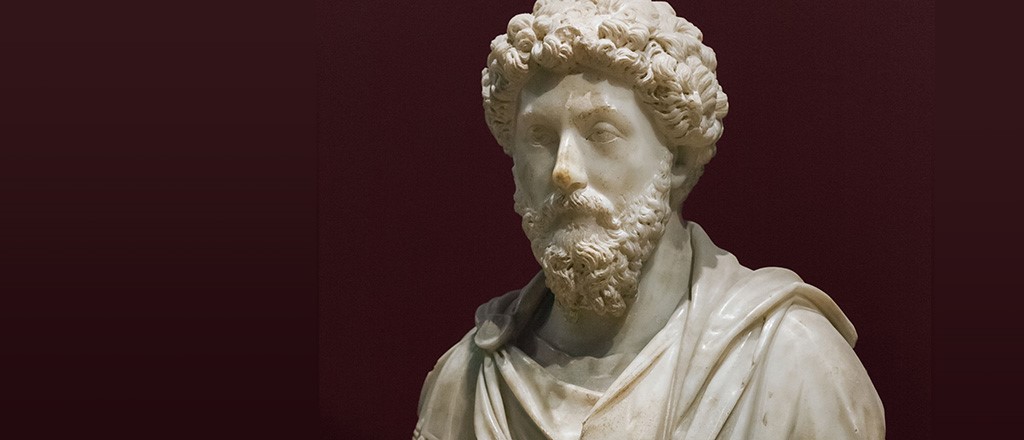Physical Address
304 North Cardinal St.
Dorchester Center, MA 02124
Physical Address
304 North Cardinal St.
Dorchester Center, MA 02124

Ever since I started reading as an adult I have made it a point to reread Marcus Aurelius meditations every year. The book itself, written about 2000 years ago comes across as if it was written for a human being in the world we live in now. It’s perennial in nature and will never get old.
The main reason for reading the book again and again is that what it teaches diminishes over time.
Stoicism as such is something which helps me to get clarity and make decisions. Decisions who to surround myself with and decisions on how to react to happenings in my life.
Having a framework on how to react to challenges and how to spend energy on things in life is important. As the book teaches – the ruling faculty – our brain is sharp only for a limited time before it weakens and eventually fades.
It’s most fundamental teaching is that if you find yourself being annoyed at someone or something you should take a step back to ask yourself why it is that you got yourself into this situation in the first place. It’s basically your fault that you decided to spend the time with that person or thing and even worse that you let yourself being annoyed at her, him or it.
Marcus Aurelius, a Roman emperor, was himself betrayed by family and close friends. Even after being betrayed he was looking for the error in himself and offered reconciliation instead of revenge. He died at the age of 58 at his military quarters at war against barbarians.
Perhaps the most important part is about what deserves attention. The environment we live in today is one huge grab for attention. 50 years ago the smartest people on the world were working on sending humans to the moon. Now they work in social media and search engine companies increasing the eyeballs and time spent of these on advertising.
As we live in a world of laissez-faire capitalism there is nothing inherently wrong with this. We just need to learn how to navigate it.
Marcus Aurelius captures this in book 3, chapter 4
“Spend not the remnant of thy days in thoughts and fancies concerning other men, when it is not in relation to some common good, when by it thou art hindered from some other better work. That is, spend not thy time in thinking, what such a man doth, and to what end: what he saith, and what he thinks, and what he is about, and such other things or curiosities, which make a man to rove and wander from the care and observation of that part of himself, which is rational, and overruling. ”
This made me to follow a set of personal rules, which of course is still evolving:
It seems adequate to say that the time we live in is very much about what is said and less about what is done. At one startup event I attended a more experienced founder was explaining to a cohort of less experienced founders about how he paid money to get a famous consulting company to award him the title entrepreneur of the year. He then went on to say that in a startup it is very much about the smoke to fire ratio. The smoke being the talk and the fire being the deed. To my mind in hindsight this seems to be missing the point of doing a startup.
In the words of Epictetus
“For sheep do not hastily throw up the grass, to show the shepherds how much they have eaten; but, inwardly digesting their food, they produce it outwardly in wool and milk. Thus, therefore, do you not make an exhibition before the ignorant of your principles; but of the actions to which their digestion gives rise.”
Another interesting topic was on startup grants. When the business was opened, many advised me to apply for a grant here and a grant there. There are even startup grant consultants here which charge you a part of the grant once your company gets it. Ask yourself:
What is the impact?
Do you want to spend your time working on paperwork to get grants or to build a business?
So do you go on to raise a lot of money to impress your friends, do you go win a lot of nice awards? I believe the answer should be no. The answer in Epictetus words is to produce wool and milk or in the words of a startup to build a product which customers love.
With regards to humbleness I’m trying to follow this set of rules:
As we grow older we get wiser. At least for me that seems to be partly the case. The more you know the more likely you are to look down on people which don’t know as much about the world as you do. Taking oneself too serious is something which has to be avoided at all costs. Life is short and in a few decades from now no one will have ever heard of you. Period.